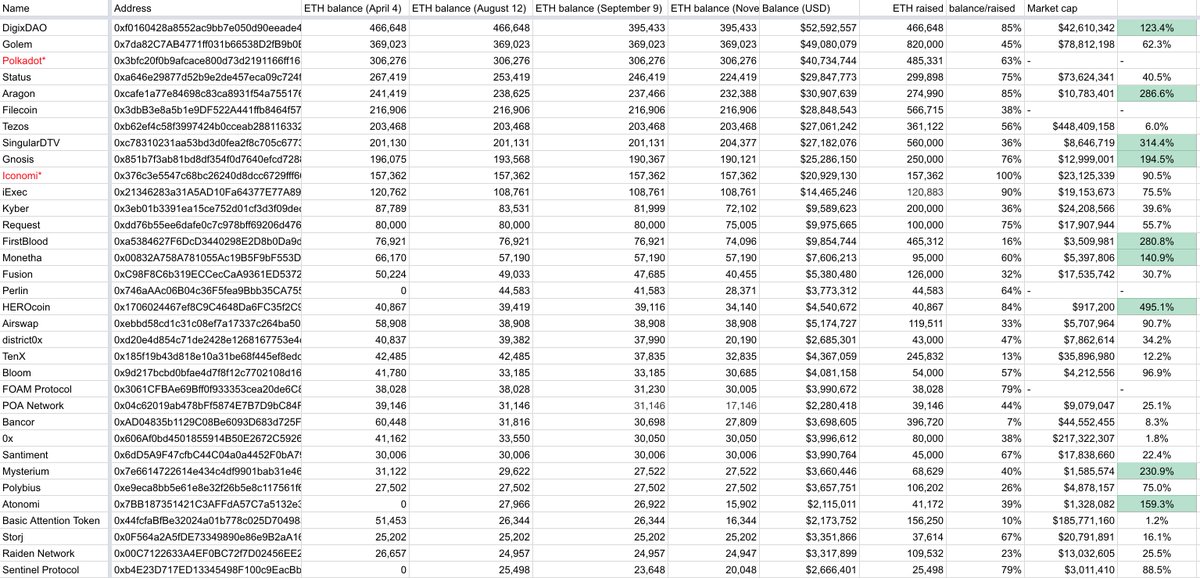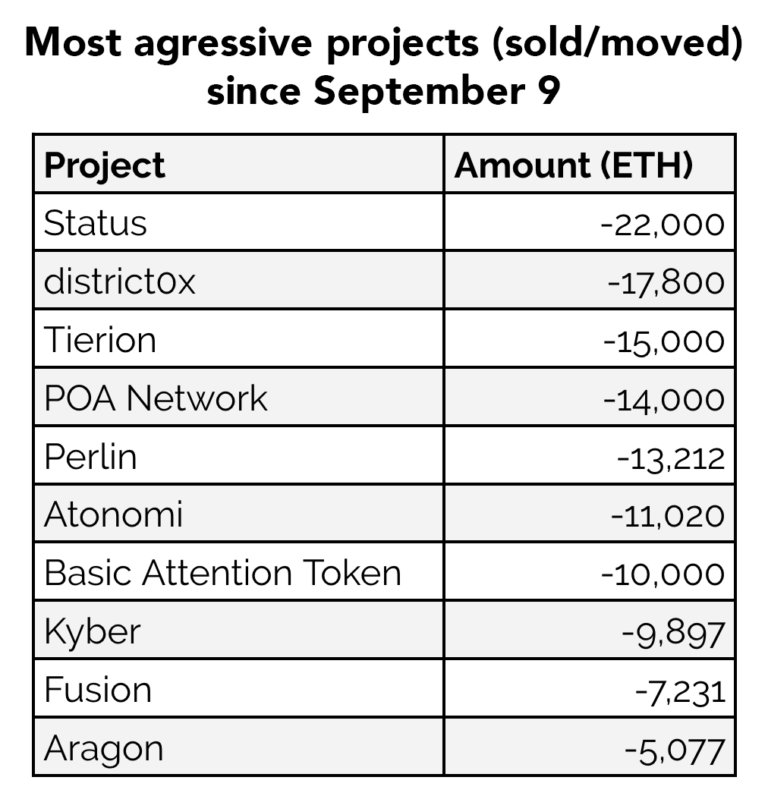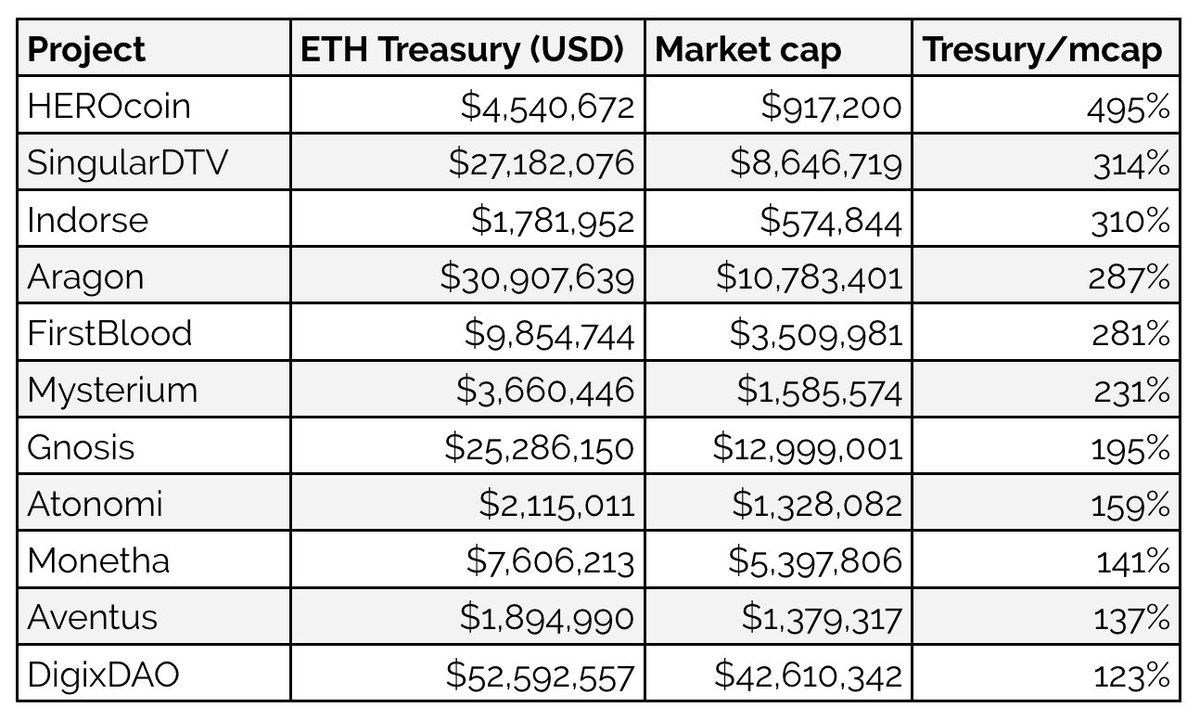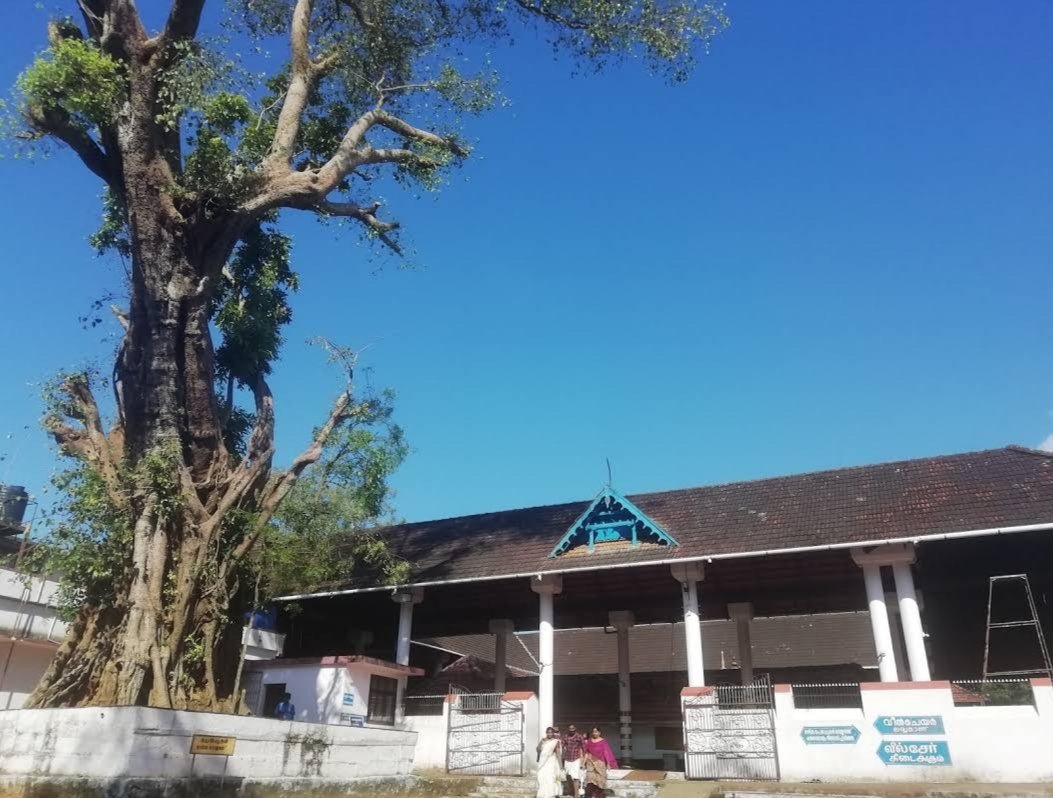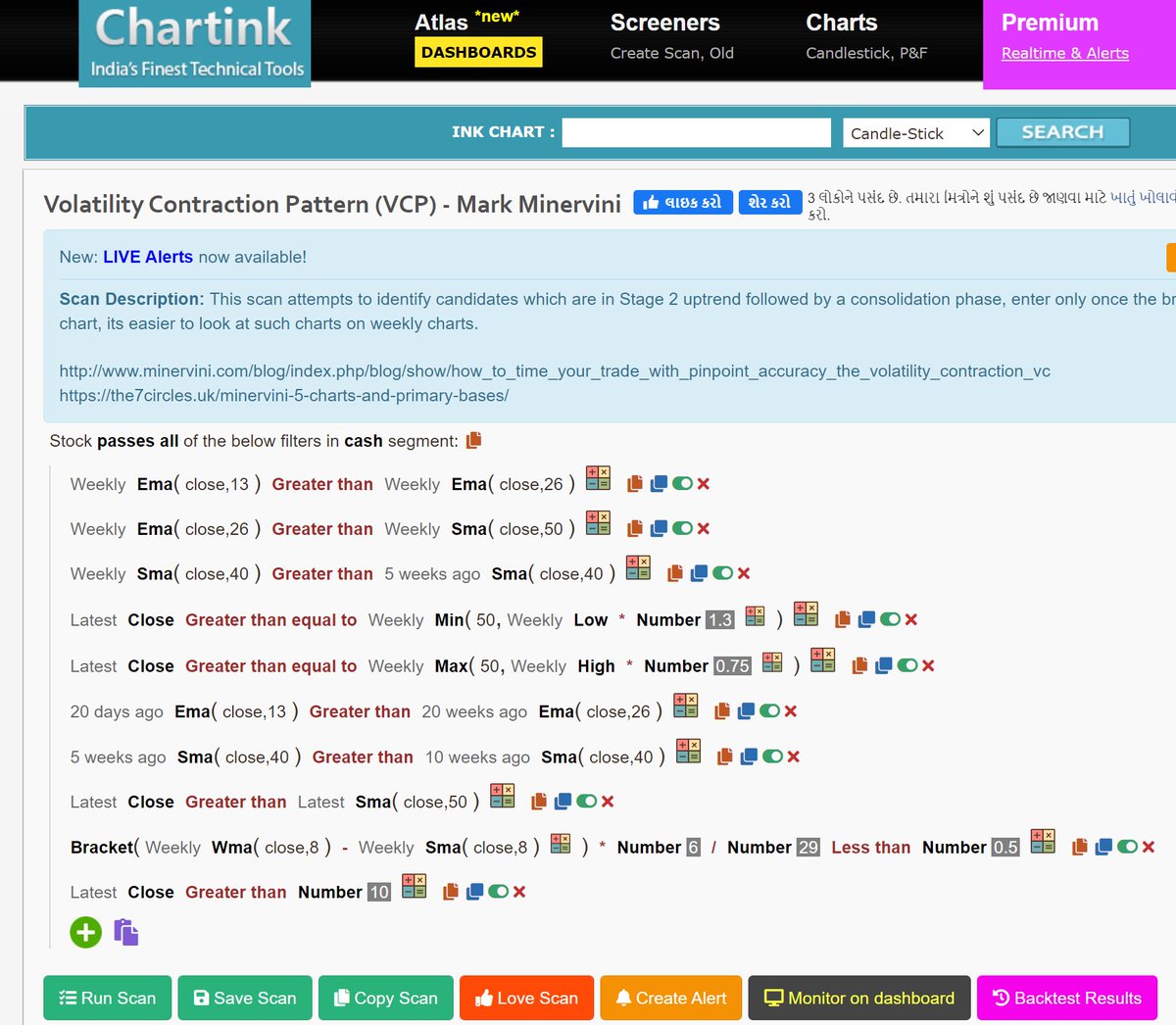Transparency and full public participation is needed for sound policy making on complex topics like this. However, with a shortened 15d window (holiday included) vs standard 60d, we are not getting a genuine opportunity to participate.
On Dec 18th, FinCEN announced a proposed rule that will require collection of personal information for transactions of >$3,000 sent to self-hosted wallets.
https://t.co/h1GT64oOqo
We are very concerned about this proposal @OKCoin.
Key takeaways below:
Transparency and full public participation is needed for sound policy making on complex topics like this. However, with a shortened 15d window (holiday included) vs standard 60d, we are not getting a genuine opportunity to participate.
No evidence indicates that illicit crypto activity has risen disproportionally to threaten national security that warrants such a rush.
This is revolutionary in human history and will greatly promote financial inclusion and freedom. It would also lead to innovations and paradigm shifts that we cannot imagine today.
It is also very nascent that needs very careful and thoughtful policy-making.
Good guys will have increased burden of compliance, less access to the system, and potential risk of data leakage.
Bad guys can off-ramp in other jurisdictions, which weakens law enforcement.
The former being decentralized in nature (and by design), and therefore does not have a centralized, secure messaging network like SWIFT for Travel Rule compliance by banks.
It would force crypto exchanges to store and hand over customer information automatically, every time, while today law enforcement has to subpoena to get such information
But when we are building a more sovereign financial world where trust is built into code and enabled through smart contracts, people are entitled to their financial privacy when using self-hosted wallets
https://t.co/RDxcWZLWFB
We hope that sound policy-making can finally prevail.
A hallmark feature of digital assets, like #BTC, is the ability to conduct transactions w/out an intermediary. This promotes financial inclusion and freedom. A rule adopted at this juncture would be a solution in search of a problem. More pressing BSA-related issues exist. (7/8)
— Cynthia Lummis (@CynthiaMLummis) December 18, 2020
More from Crypto
1/9 #BSC Daily from
2/9 #BSC Daily from
#PancakeSwap Welcomes @SoteriaFinance to Syrup Pool
— PancakeSwap \U0001f95e #BSC (@PancakeSwap) January 20, 2021
Stake $CAKE, Earn\xa0$wSOTE!https://t.co/liMimqoGDy
2/9 #BSC Daily from
Learn how to trade your #BinanceSmartChain assets on the @OpenOceanGlobal DEX aggregator, from within the @TrustWalletApp DApp browser.
— Trust - Crypto Wallet (@TrustWalletApp) January 20, 2021
Combine the best rates for your trades, from 3-4 different exchanges \U0001f680
Step-by-step how-to guide, here \U0001f447
🚨Altcoin Trading Indicator🚨
How to use it. A THREAD.
Please Share.
To use it to buy Altcoins and make a high probability entry, the following conditions needs to be fulfilled.
For a long.
1. A green candle Closes above the cross.
2. Heikin Ashi candle turns green.
3. Price should be above 0.236 Fib from the swing high.
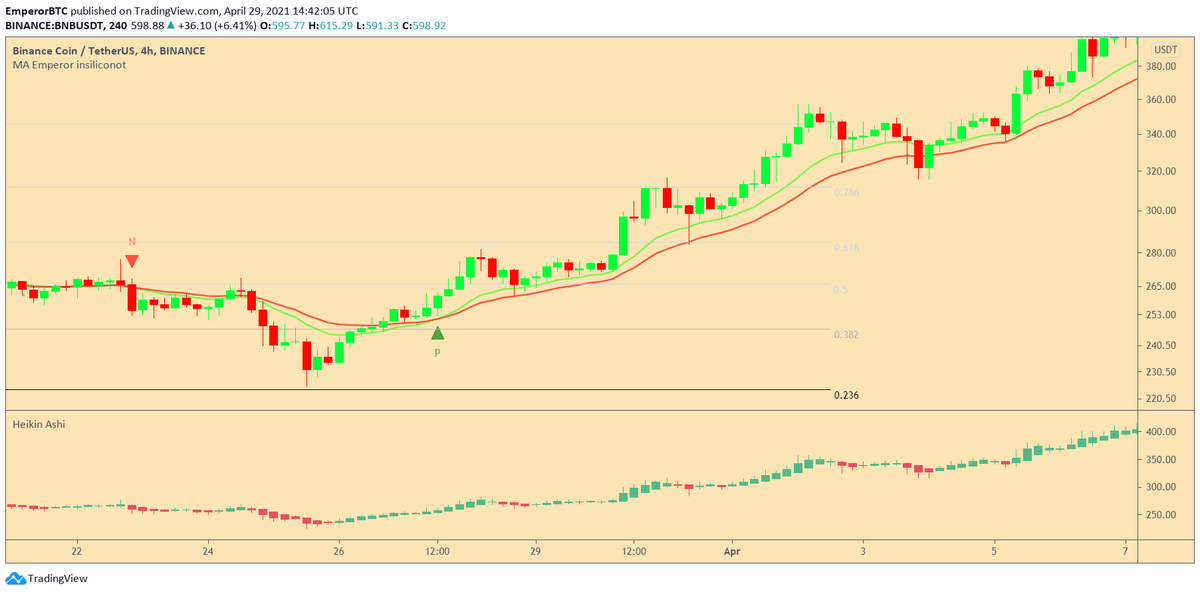
How to add the Indicator.
1. Click on the link and Add it to favorites and apply.
https://t.co/Kn90qgDjMi
2. Or Search it in the tab and then apply it.
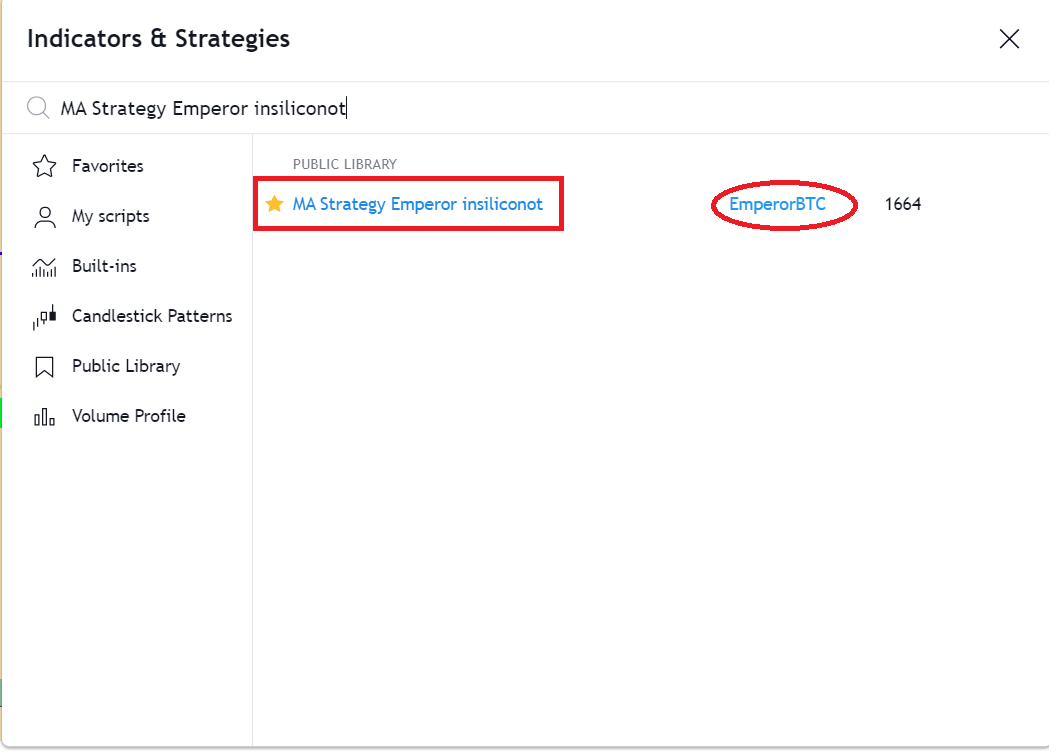
The indicator itself the most comprehensive Moving Average Indicator which provides 9 MAs and 13 Different times of MAs.
The base of the indicator was by @insiliconot.
To further enhance it, I have added a cross indicator on the cross which works the best historically on Alts.
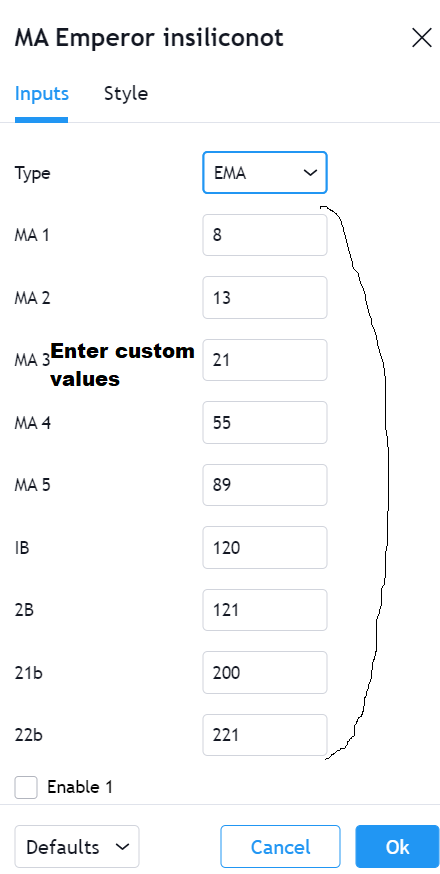
Condition 1- The cross.
Entry is made when a Cross occurs on the EMA 13/21.
The indicator automatically indicators the Cross with P for a positive cross or N for a negative cross.
This is the first condition for an Entry.
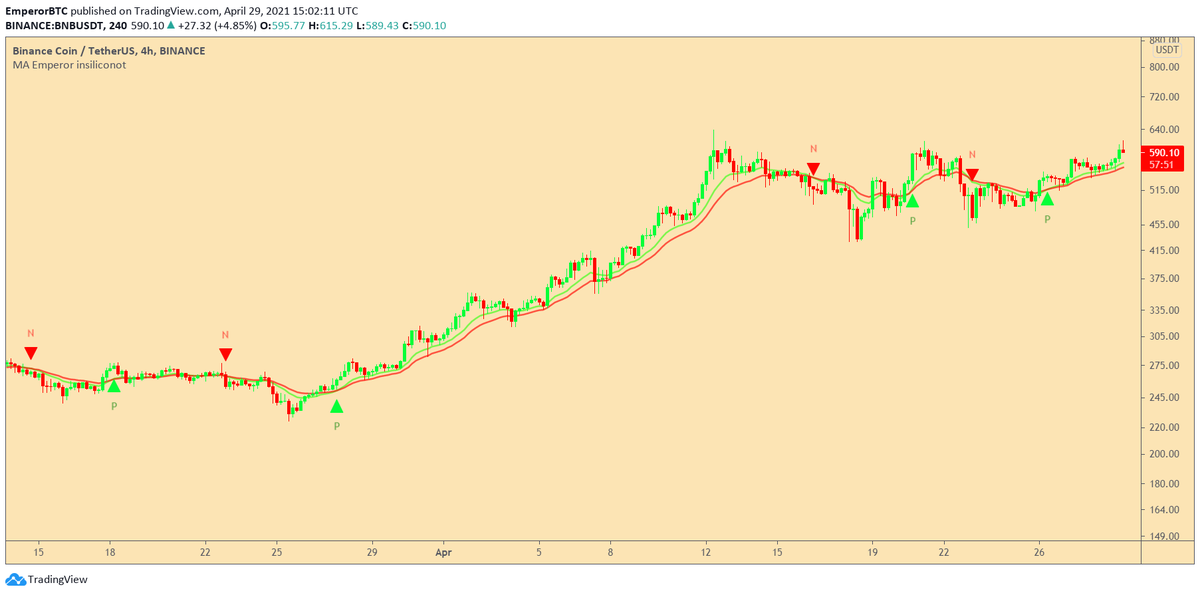
How to use it. A THREAD.
Please Share.
To use it to buy Altcoins and make a high probability entry, the following conditions needs to be fulfilled.
For a long.
1. A green candle Closes above the cross.
2. Heikin Ashi candle turns green.
3. Price should be above 0.236 Fib from the swing high.

How to add the Indicator.
1. Click on the link and Add it to favorites and apply.
https://t.co/Kn90qgDjMi
2. Or Search it in the tab and then apply it.

The indicator itself the most comprehensive Moving Average Indicator which provides 9 MAs and 13 Different times of MAs.
The base of the indicator was by @insiliconot.
To further enhance it, I have added a cross indicator on the cross which works the best historically on Alts.

Condition 1- The cross.
Entry is made when a Cross occurs on the EMA 13/21.
The indicator automatically indicators the Cross with P for a positive cross or N for a negative cross.
This is the first condition for an Entry.





